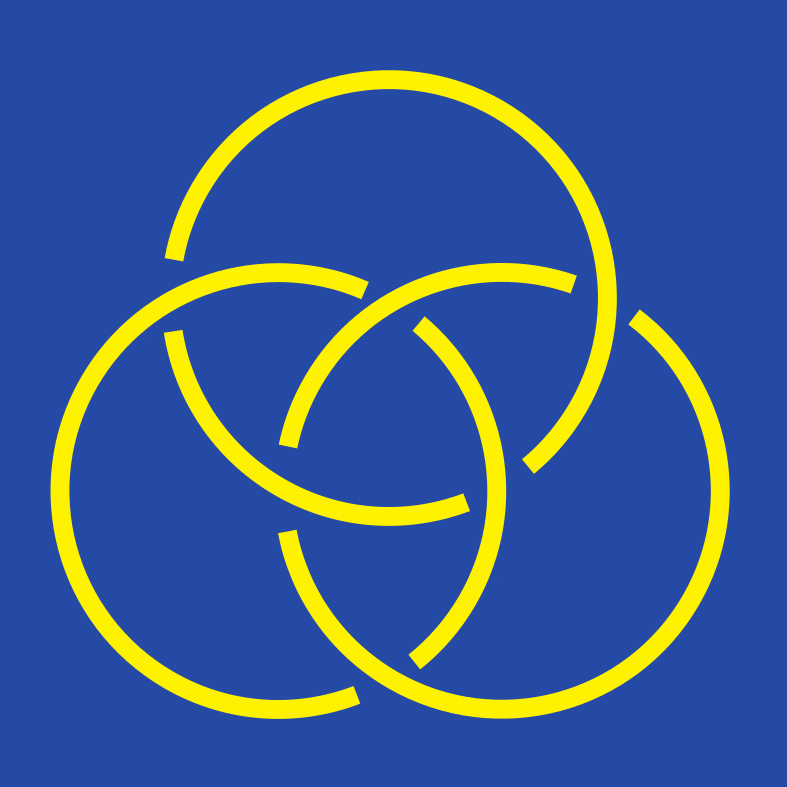Research Coordination
-
Develop new techniques to introduce non-local objects such as knots and links in the framework of the field theory used to describe fluctuating filaments, and develop new mathematical tools to classify, quantify and examine entanglements of periodic weavings and nets.
-
Introduce new, topologically inspired definitions and algorithms to characterise physical entanglement, accompanied by the design of a suite of computational utilities and data structures to be used by the whole community, to facilitate the analysis and exchange of data.
-
Investigate spontaneous knotting, linking and weaving of filamentous systems (including proteins and DNA) in dilute and concentrated conditions, their impact on physical properties, and possible ways to control them.
-
Design, develop and apply computational models to predict the folding of knotted proteins, study multiply entangled proteins, and move towards the engineering of artificial self-entangled proteins.
-
Investigate the effect of topological constraints in biological systems, e.g. in genomic organization of eukaryotes and prokaryotes or in topologically complex organelle membranes. Find the physical conditions that drive the formation of knotted / linked defects in liquid crystals, and how to combine them with more general frustration effects in LCs to design multi-scale tunable photonic superstructures.
-
Publish a dedicated special edition of a Q1 journal reviewing the state of the art in the field. This will help introduce the Network to the broader scientific community. Extensively employ short-term scientific missions (STSM) to promote collaborations among participants.
Capacity Building
-
Organise training and summer schools led by the WG leaders to disseminate and promote exchange of skills/knowledge across members of the Action, with particular attention to ITCs.
-
Organise meetings for Early Career Investigators (ECIs) and PhD students to acquire transferable skills such as grant writing, communication, time-management as well as to encourage direct collaborations among ECIs.
-
Give visibility to PhD students and postdocs, particularly women, by funding their attendance at conferences in which they can promote their Action-related work.
-
Give responsibility to ECIs and ITC researchers in order to make them grow professionally, thereby helping establish the next generation of research leaders.
-
Organise schools and conferences in ITCs and foster frequent exchanges and short-term scientific stays of research groups from such countries in top European research centres to help increase their visibility and capacity.
-
Establish platforms for the communication and diffusion of job and funding opportunities, within the community and outside (e.g. industry, private sector).
